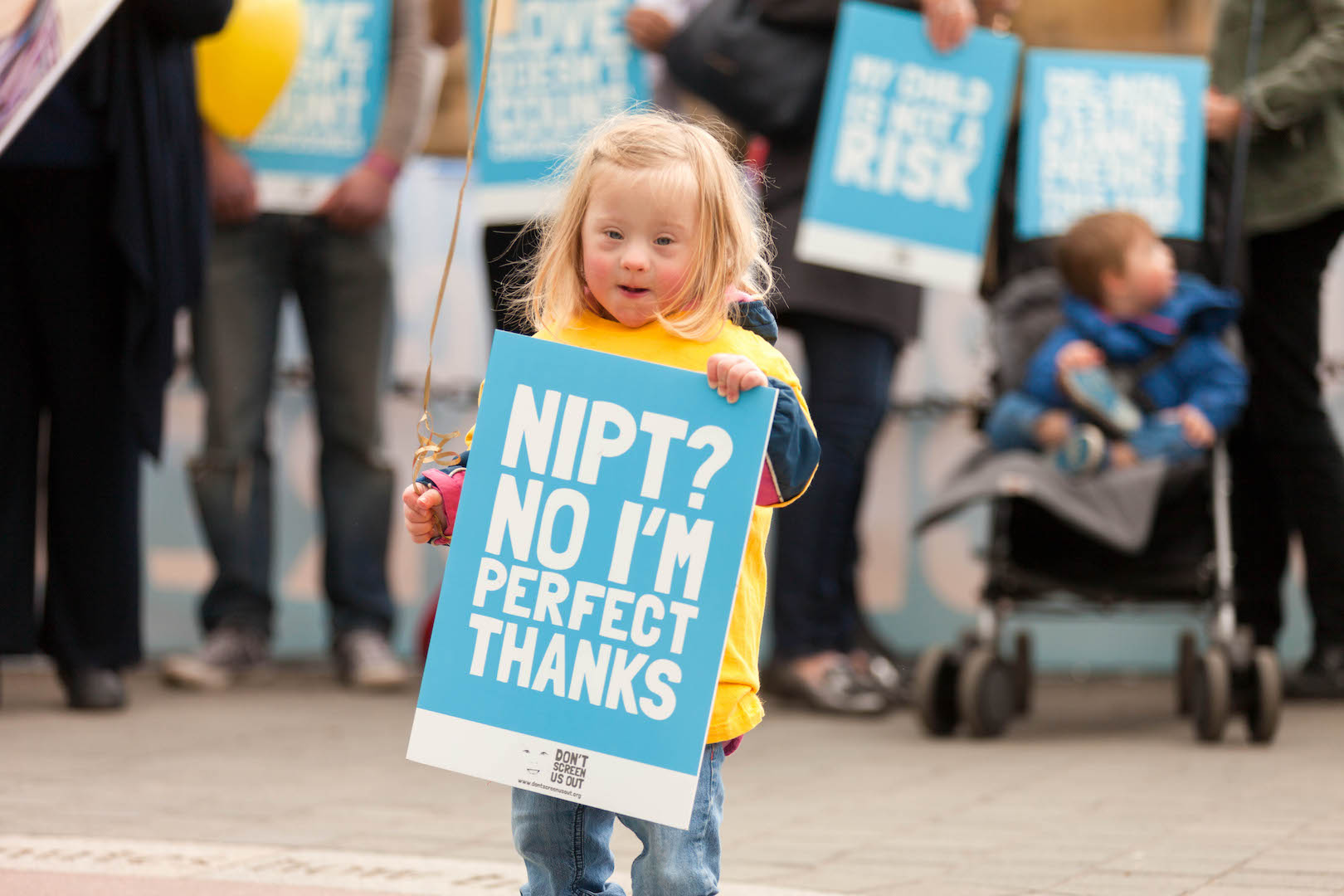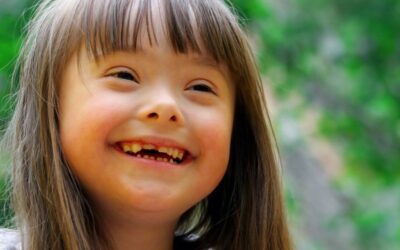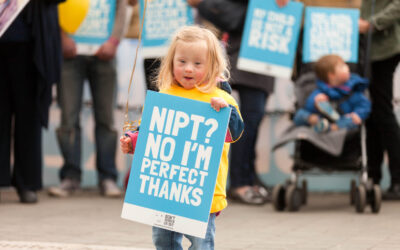People with Down’s syndrome, their families and advocacy groups are concerned that the Scottish abortion statistics released by NHS Scotland’s ISD today show a 48% increase in abortions for Down’s syndrome since 2010.
The statistics show that there were 34 abortions for Down’s syndrome in Scotland in 2018. While numbers have fluctuated over the last five years, the 2018 number represents a 48% increase from 23 in 2010. This is likely to be attributed to the private availability of cfDNA testing (otherwise known as NIPT) which has already been predicted to increase the numbers of children with Down’s syndrome being screened out by termination.
This situation is set to get far worse as the Scottish Government intends to move ahead with proposals to implement cfDNA testing into Scotland’s Fetal Anomaly and Down’s Syndrome Screening Programme next year.
Proponents of the test have glossed over the fact that a National Screening Committee pilot study predicts the new screening will detect 102 more babies with Down’s syndrome every year in England and Wales. Based on the current 90% of pregnancies that are aborted after the baby is found to have Down’s syndrome, this would mean an increase of 92 abortions for Down’s syndrome annually. That reduction equates to an overall decline of Down’s syndrome live births by 13% and would lead to a corresponding reduction in the number of people with the condition.
It is likely that the new tests will have a similar impact on abortion numbers for Down’s syndrome if they are rolled out across the Scottish population. Such an outcome is likely to have a profoundly negative effect on the community of people with Down’s Syndrome.
The Don’t Screen Us Out campaign, a coalition of Down’s syndrome advocacy groups, are urging the Scottish Cabinet Secretary for Health and Sport, Jeane Freeman, to delay the implementation of the new test until there has been full consultation with the community of people with Down’s syndrome and the ethical issues of screening which have been acknowledged by the Scottish Government are resolved by the introduction of medical reforms
Lynn Murray, spokeswoman for the Don’t Screen Us Out campaign said:
“As a mother of an 19-year-old daughter who has Down’s syndrome, it is deeply concerning to see that the number of abortions for Down’s syndrome in Scotland has increased by 48% since 2010. Sadly this is likely the tip of the iceberg – if the Scottish Government follows through on proposals to make these tests available on the NHS, projections show that there will likely be a steep increase in the numbers of children with Down’s syndrome screened out by termination.
We are urging the Scottish Cabinet Secretary for Health and Sport, Jeane Freeman, to delay the implementation of the new test until there has been full consultation with the community of people with Down’s syndrome and the ethical issues of screening which have been acknowledged by the Scottish Government are resolved by the introduction of medical reforms.
We are also concerned about the impact that any changes to abortion legislation in Northern Ireland would have on the population of people with Down’s syndrome in the region. As Lord Shinkwin said in Parliament last year, Northern Ireland is currently the safest place in the UK to be diagnosed with Down’s syndrome before birth.
According to the most recent published statistics, in England and Wales 90% of babies found to have Down’s syndrome are aborted. Northern Ireland currently has a very different approach. Disability-selective abortion for Down’s syndrome is illegal and there is a culture of accepting and supporting people with disabilities rather than eliminating them.
This is reflected directly in recent official figures showing that almost 100% of babies found to have Down’s syndrome in Northern Ireland are born. This greatly contrasts with the 90% termination rate for Down’s syndrome from other parts of the UK.”
ENDS
- For more information on the Don’t Screen Us Out campaign, see our website www.dontscreenusout.org or email info@dontscreenusout.org
- For interviews, contact Don’t Screen Us Out spokesperson Lynn Murray on 0784 0966 736 or email info@dontscreenusout.org
- For more information on the Don’t Screen Us Out campaign visit https://dontscreenusout.org/
- For a full list of previous coverage on this issue see our website – www.dontscreenusout.org
- Lord Shinkwin’s speech in the House of Lords from earlier is available here:



